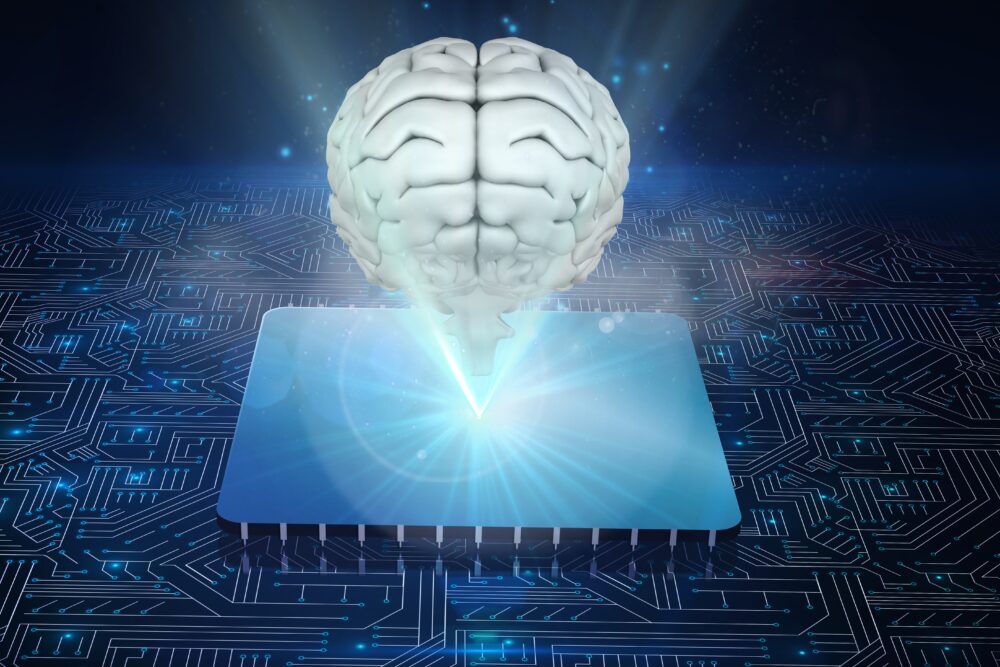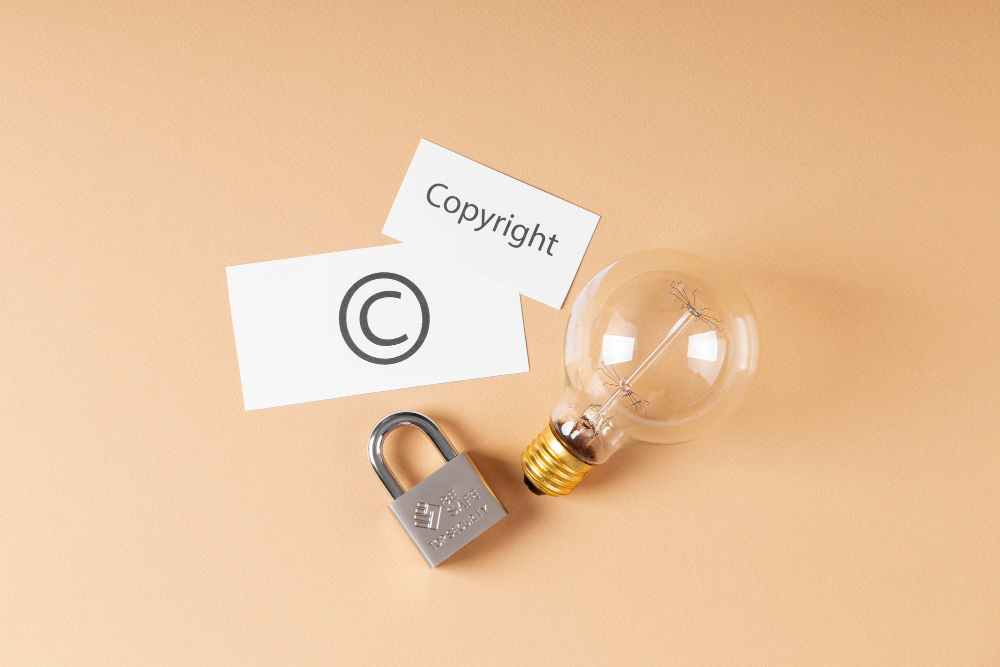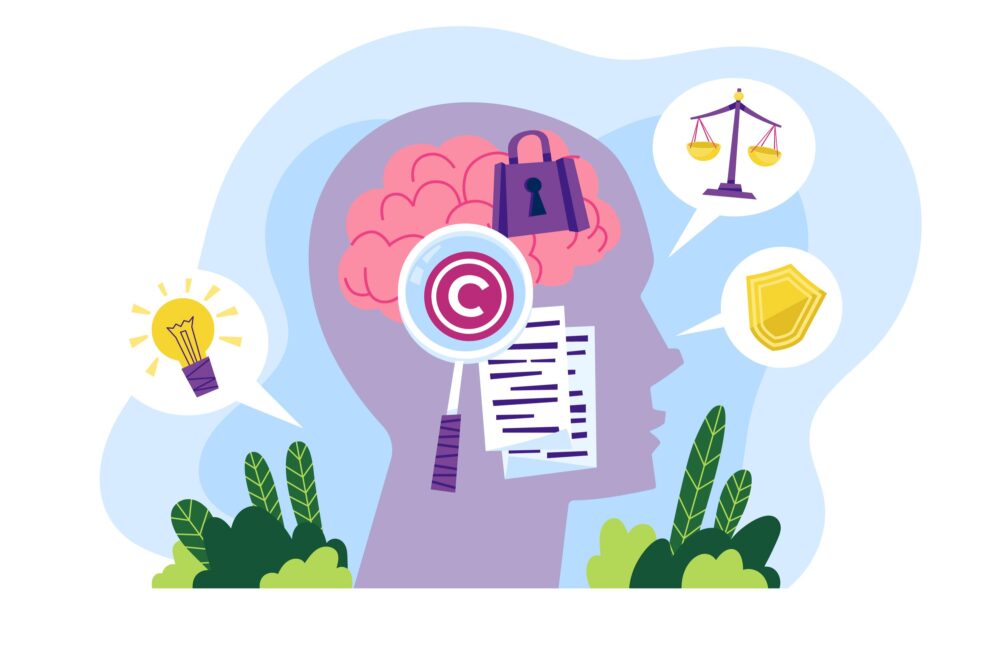Introduction
In the context of global digital transformation, artificial intelligence (AI) has established and continues to affirm its pivotal role in driving innovation and economic growth. Recognizing this significance, Vietnam has taken a landmark step by enacting the Digital Technology Industry Law 2025, marking the first comprehensive legal framework governing activities related to artificial intelligence technology.
This legal framework not only establishes a solid foundation for AI research, development, and implementation but also institutes specific regulations on risk management, user rights protection, and the promotion of responsible investment in this technological sector in Vietnam. This is considered a significant breakthrough, contributing to shaping the future development of the domestic AI industry.
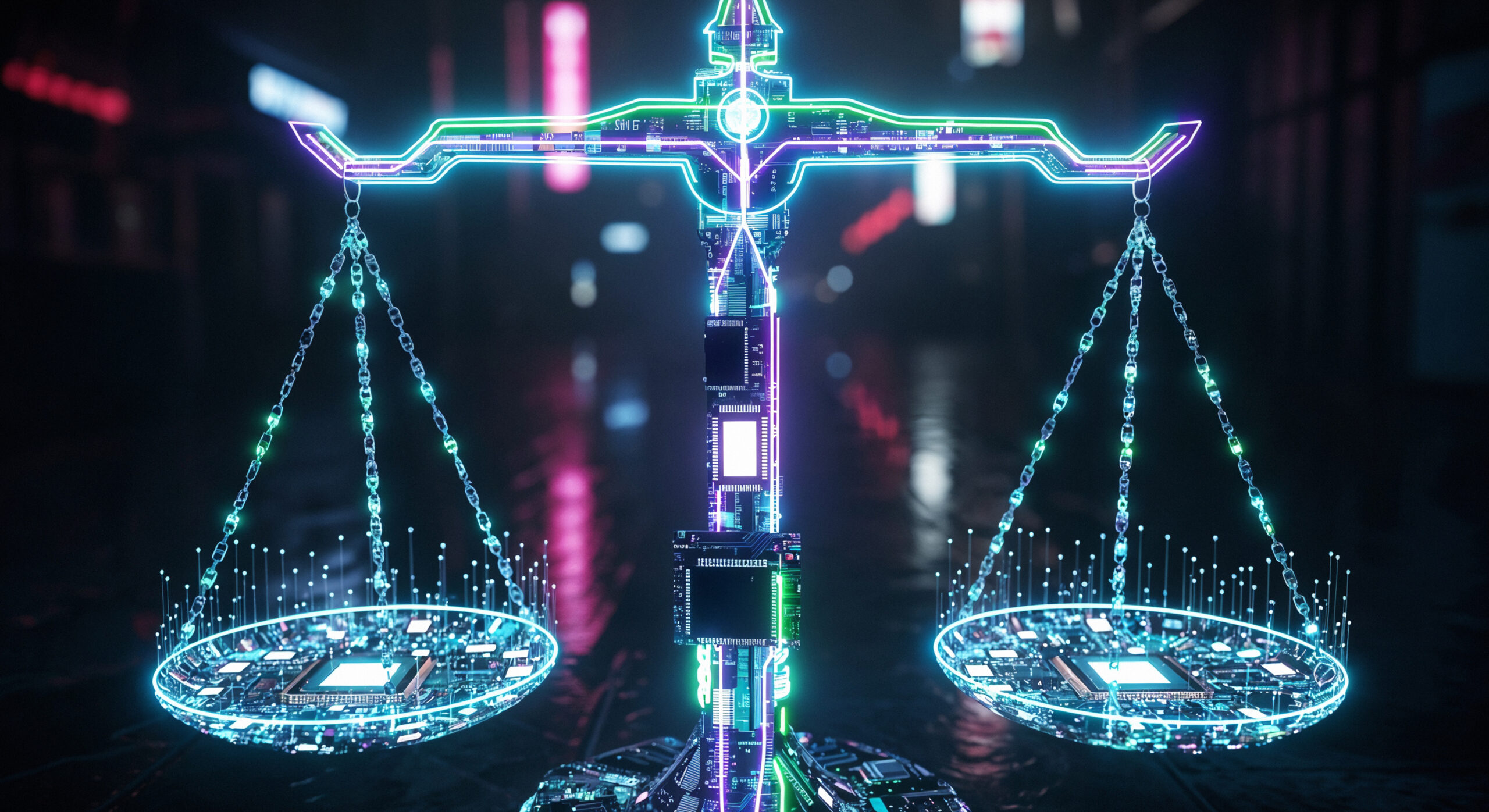
Legal definition of “artificial intelligence”
According to the Digital Technology Industry Law, Artificial Intelligence is defined as digital technology that enables human-like cognitive capabilities through electronic means.
An artificial intelligence system is a digital technology product that applies artificial intelligence; it uses digital information and data to automatically analyze, reason, generate content, make predictions, provide recommendations, and make decisions based on objectives defined by humans.
Investment activities in the production of digital technology products applying artificial intelligence, construction of artificial intelligence data centers, and digital technology research and development centers are eligible for investment incentives. The specific levels of investment incentives shall be detailed by government regulations.
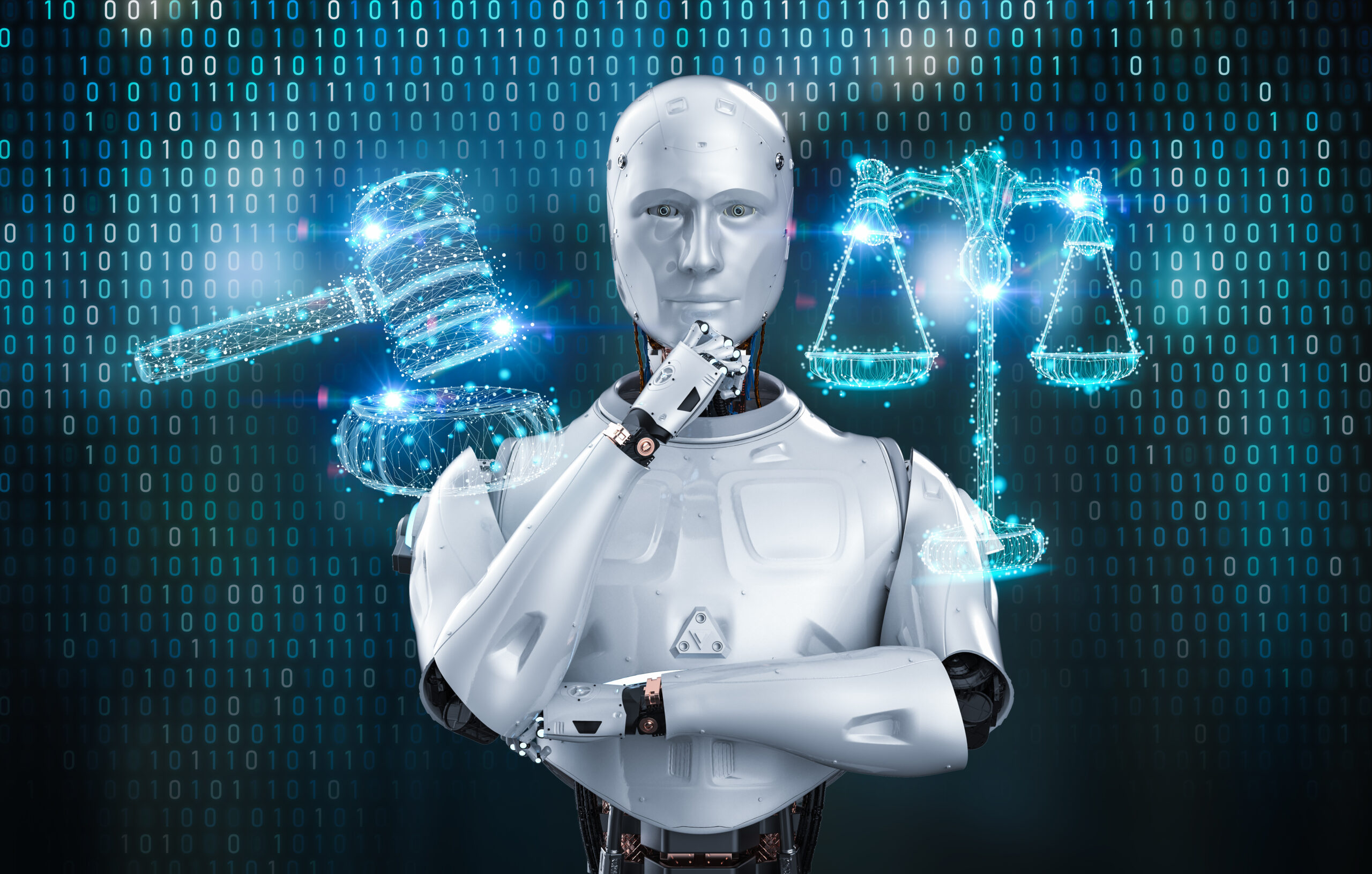
Risk management for artificial intelligence systems
With regard to artificial intelligence systems, notably, Article 50 of the Digital Technology Industry Law classifies them into 03 main categories for risk management purposes, specifically:
a. High-risk artificial intelligence systems are those with the potential to cause risks or harm to the health, safety, rights, and legitimate interests of organizations and individuals. This classification emphasizes the importance of stringent control over AI systems that may have direct and adverse impacts on humans and society. Notable examples include artificial intelligence systems in medical diagnostics, autonomous driving systems, or AI applications in critical infrastructure management.
b. High-impact artificial intelligence systems are those with broad scope of impact, large user base, and substantial computational resources used for training. Artificial intelligence systems in finance, social media, or major e-commerce platforms may fall into this category. While not necessarily causing direct harm like high-risk systems, their pervasive effects can lead to significant changes in user behavior, widespread misinformation, or impact on market competition.
c. Non-high-risk artificial intelligence systems are those falling under any of the following circumstances:
- Systems designed to perform tasks within a narrow scope;
- Systems intended to enhance the outcomes of previously completed human activities;
- Systems aimed at detecting and recommending variances from previous results.
The Law delegates to the Government the authority to provide detailed regulations regarding the classification, competence, and management content of high-risk artificial intelligence systems and high-impact artificial intelligence systems. This includes responsibilities and exemptions for organizations and individuals involved in the development, provision, and utilization of high-risk and high-impact artificial intelligence systems.
The classification of artificial intelligence systems under the Digital Technology Industry Law demonstrates a concerted effort to control and manage risks in a context where artificial intelligence increasingly plays a vital role across all spheres of life. This legal framework establishes the foundation for developing more detailed regulations, contributing to the sustainable development of the artificial intelligence industry in Vietnam.
Responsibilities of parties involved in the development and use of artificial intelligence systems
Risk management and ensuring benefits from artificial intelligence extends beyond mere classification, requiring clear delineation of responsibilities for all entities involved throughout the lifecycle of artificial intelligence systems, from development and provision to deployment and use.
An AI System Developer is defined as any individual or organization engaged in the development of artificial intelligence systems, excluding those developing AI systems using open-source code. AI System Developers bear the following responsibilities:
a) Implement measures to ensure equality, fairness, and non-discrimination towards users;
b) Protect privacy and personal information; promptly address requests for querying, copying, editing, supplementing, and deleting personal information in accordance with personal data protection laws;
c) Provide clear advance notification to users if the artificial intelligence system poses safety or security risks when privacy or rights and interests related to personal information are compromised;
d) Assess and explain the safety risks of the artificial intelligence system and establish mechanisms for monitoring and technical auditing;
dd) Regularly inspect and monitor security vulnerabilities and risks, maintain logging information regarding the development and management of the artificial intelligence system;
e) Conduct safety risk assessments prior to providing the artificial intelligence system;
g) Ensure and enhance the quality of training data and the authenticity, accuracy, objectivity, and diversity of data in accordance with this Law and data legislation;
h) Coordinate with providing entities to update and resolve issues arising during the provision of the artificial intelligence system;
i) Comply with intellectual property legislation.
The next party is the AI System Provider and Deployer. This refers to individuals or organizations with direct management authority over artificial intelligence systems, who bear the following responsibilities:
a) Comply with regulations regarding equality assurance, privacy protection, risk notification, safety risk assessment, security vulnerability monitoring, and maintaining operational logs of the artificial intelligence system, similar to the responsibilities of AI System Developers;
b) Provide comprehensive information and technical documentation regarding the operational mechanisms of the artificial intelligence system’s algorithms to users;
c) Establish mechanisms for receiving and processing requests from users, developers, and other relevant individuals and organizations;
d) Clearly display identification markers on products generated by the artificial intelligence system;
dd) Fulfill other responsibilities in accordance with consumer protection laws.
The final party is the AI System User, defined as individuals or organizations utilizing artificial intelligence systems. AI System Users are responsible for using artificial intelligence systems in compliance with relevant legal regulations.
The Digital Technology Industry Law 2025 marks a significant milestone in establishing a comprehensive legal framework for artificial intelligence in Vietnam. Notably, the law has established a clear system of responsibilities for participating parties, from development to AI usage, with specific requirements for privacy protection, risk assessment, and transparency assurance. However, to ensure effective implementation of the Law, the Government needs to promptly issue detailed guidance documents.
Related posts
- Legal framework for artificial intelligence development under Vietnam’s draft law on digital technology industry
- Vietnam passes law on digital technology industry
Disclaimers:
This article is for general information purposes only and is not intended to provide any legal advice for any particular case. The legal provisions referenced in the content are in effect at the time of publication but may have expired at the time you read the content. We therefore advise that you always consult a professional consultant before applying any content.
For issues related to the content or intellectual property rights of the article, please email cs@apolatlegal.vn.
Apolat Legal is a law firm in Vietnam with experience and capacity to provide consulting services related to and contact our team of lawyers in Vietnam via email info@apolatlegal.com.







